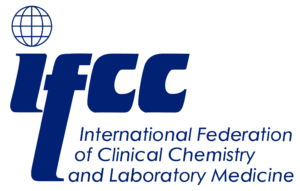Objective
To evaluate a systematic newborn screening (NBS) strategy for vitamin B deficiency.
Study Design
In a prospective single-center NBS study, a systematic screening strategy for vitamin B deficiency was developed and evaluated. Tandem-mass spectrometry screening was complemented by 2 second-tier strategies, measuring methylmalonic/3-OH-propionic/methylcitric acid, and homocysteine from dried blood spots.
Results
In a cohort of 176 702 children screened over 27 months, 33 children were detected by NBS in whom (maternal) vitamin B deficiency was confirmed. Homocysteine was the most sensitive marker for vitamin B deficiency, but only combination with a second-tier strategy evaluating methylmalonic acid allowed for detection of all 33 children. Mothers were of various ethnic origins, and 89% adhered to a balanced diet. Treatment in children was performed predominantly by oral vitamin B supplementation (84%), and all children remained without clinical symptoms at short-term follow-up.
Conclusions
Vitamin B deficiency is a treatable condition but can cause severe neurologic sequelae in infants if untreated. The proposed screening strategy is feasible and effective to identify moderate and severe cases of vitamin B deficiency. With an incidence of 1:5355 newborns, vitamin B deficiency is more frequent than inborn errors of metabolism included in NBS panels. Treatment of vitamin B deficiency is easy, and additional benefits can be achieved for previously undiagnosed affected mothers. This supports inclusion of vitamin B deficiency into NBS but also stresses the need for increased awareness of vitamin B deficiency in caregivers of pregnant women.

